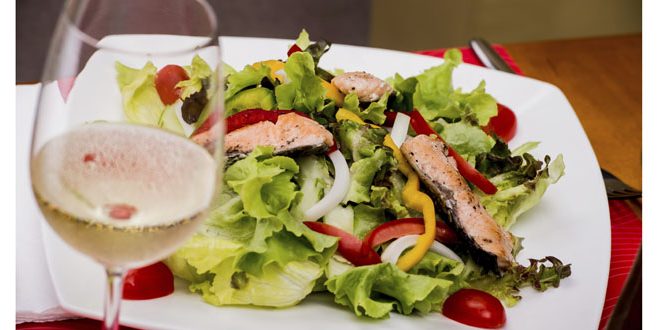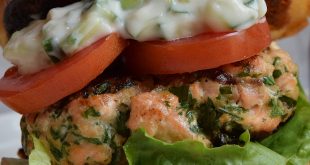One of the most frequently asked questions from people with diabetes besides “what should I eat?” is “is it okay to drink alcohol when a person has diabetes?”
My response is always the same. Recommendations regarding alcohol consumption for people with diabetes are the same as those for the general population – moderation - as long as there is no other reason why they should not be drinking. Having diabetes alone does not mean a person with diabetes must stop drinking, but if their doctor or other health care provider has advised them not to drink for any other reason, then of course that takes precedence.
So what are the recommendations for drinking alcohol in moderation? According to Diabetes Canada's 2018 Clinical Practice Guidelines, moderate alcohol consumption is equal to 1-2 standard drinks per day. For people with diabetes, alcohol consumption should be limited to less than 10 drinks per week for women and less than 15 drinks per week for men. A standard drink is equal to a 12 oz. beer, 5 oz. glass of wine or 1 ½ oz. distilled spirits (vodka, whiskey, gin). There are no specific recommendations for one type of alcoholic beverage as better than another. However light beer and dry wines tend to have less alcohol and/or carbohydrates.
If a person with diabetes chooses to drink alcohol, there are a few precautions or guidelines that should be followed to prevent spikes or drops in blood sugar levels. People with diabetes are often quite surprised to learn that alcohol can actually cause blood glucose to drop. This happens in people who are taking certain diabetes medications such as insulin or sulfonylureas. While the liver is busy processing alcohol, it takes a break from its other role of releasing stored glucose as needed, making the medications more powerful in lowering blood glucose. The drop in blood glucose or hypoglycemia, can occur shortly after drinking and up to many hours after drinking. In some people with type 1 diabetes, hypoglycemia can occur up to 24 hours later! Checking blood glucose levels before drinking, before going to bed, and upon waking the next morning will help a person to learn how the alcohol affects them.
The symptoms of drinking too much alcohol and those of hypoglycemia can be very similar making it difficult for others to identify whether the person with diabetes is experiencing drunkenness or a low blood glucose reaction. This confusion can result in the person with diabetes not receiving appropriate assistance and treatment. Depending on how much alcohol is consumed, the person with diabetes may have impaired judgment, making it difficult to treat their low blood glucose or rendering them unable ask for the proper assistance.
Here are some tips for safe alcohol consumption for a person with diabetes and how supporters can help them to avoid spikes and drops:
- To make it easier to stick to the moderate amount of alcohol, alternate between alcoholic and non-alcoholic drinks such as sparkling water or diet pop.
- Eat foods with carbohydrate while drinking. If dancing, playing sports or doing other physical activity, consume extra foods with carbohydrate to avoid a low blood sugar.
- Mix alcoholic drinks with water or diet pop instead of sugar-laden pop, juice or other sweet mixers.
- Wear diabetes identification such as a MedicAlert® bracelet.
- Others should know the person’s signs and symptoms of low blood glucose, and know how to treat it.
- Always have a treatment for low blood glucose available, such as ¾ cup regular pop or 3 glucose tablets.
- If blood glucose is lower than usual before going to bed, a carbohydrate snack should be taken.
Discover more healthy eating ideas and tips in the diabetes diet section and search out some tasty recipes here.
 Diabetes Care Community Learn, connect and care
Diabetes Care Community Learn, connect and care




